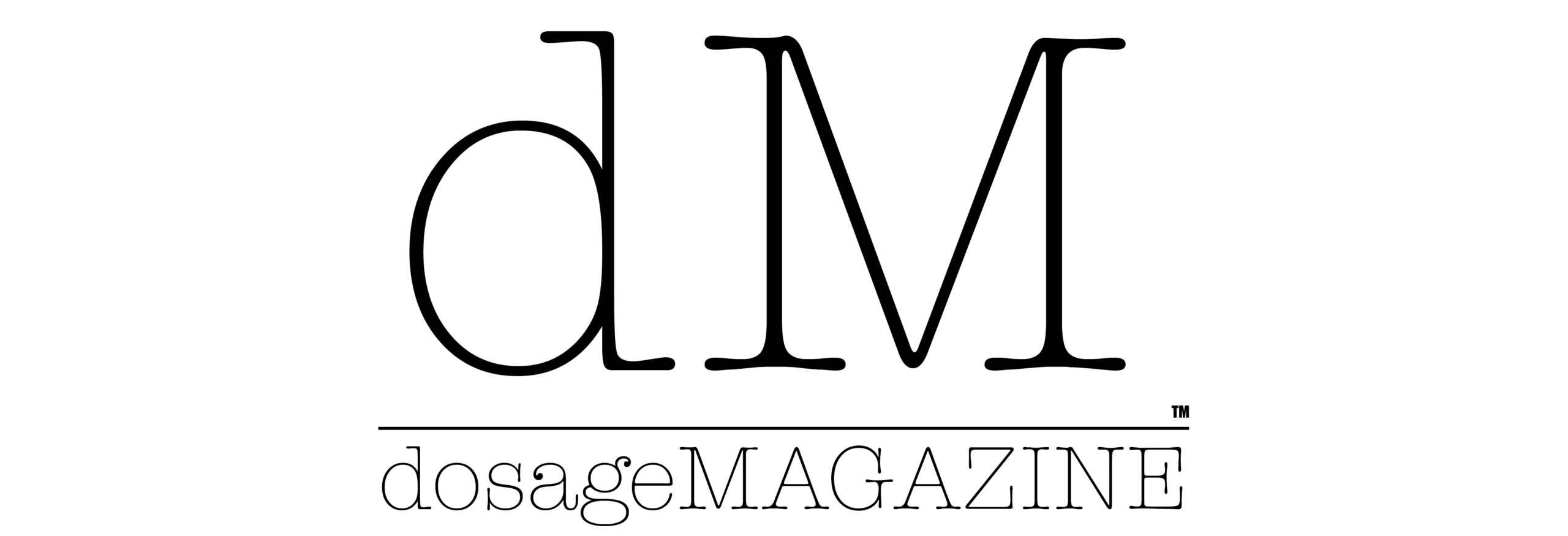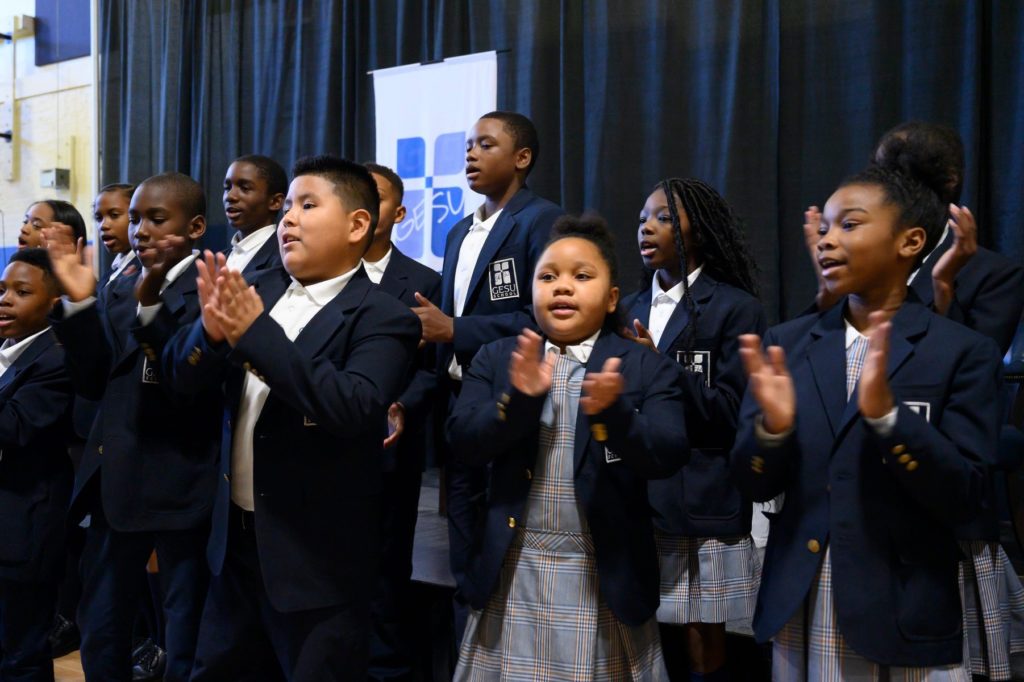
Philadelphia’s Gesu School is raising the level and increasing the quality of education by re-evaluating the learning process.
“We need to use education not to escape North Philly, but to build North Philly,” Pedro Noguera said as a crescendo of applause swept through the assembled audience at the 22nd Annual Symposium on Transforming Inner-City Education, held at Gesu School in early November. Noguera, Distinguished Professor of Education at the Graduate School of Education and Information Studies at UCLA, was in Philadelphia speaking about the ways in which the current system of evaluating educational outcomes has it all backward.
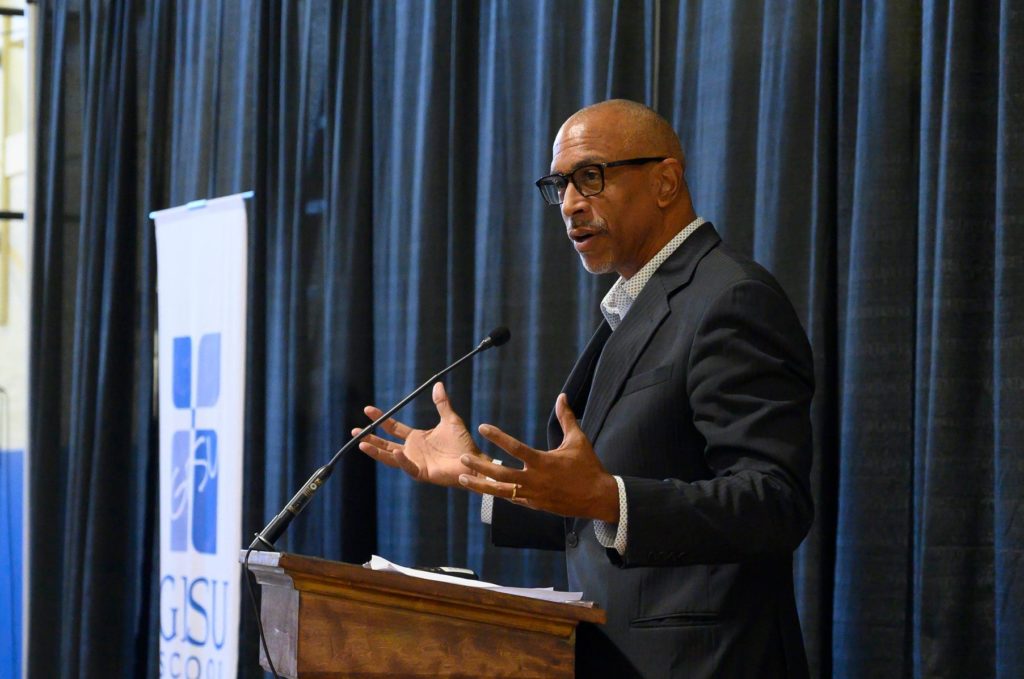
“Engagement is the path to achievement,” Noguera said after speaking about the importance of teaching kids the way they learn. He suggested using children’s preexisting skillset and capitalizing on their current strengths. For example, a child who might be described as “argumentative” could easily be a star debater, whereas one who wouldn’t stop scribbling during class could channel his or her love of drawing into artistic self-expression. Noguera’s point wasn’t that kids shouldn’t learn things that are difficult for them, but that hands-on, experiential learning is a much better way to empower children than for curriculums to center around preparing them for the next standardized test.
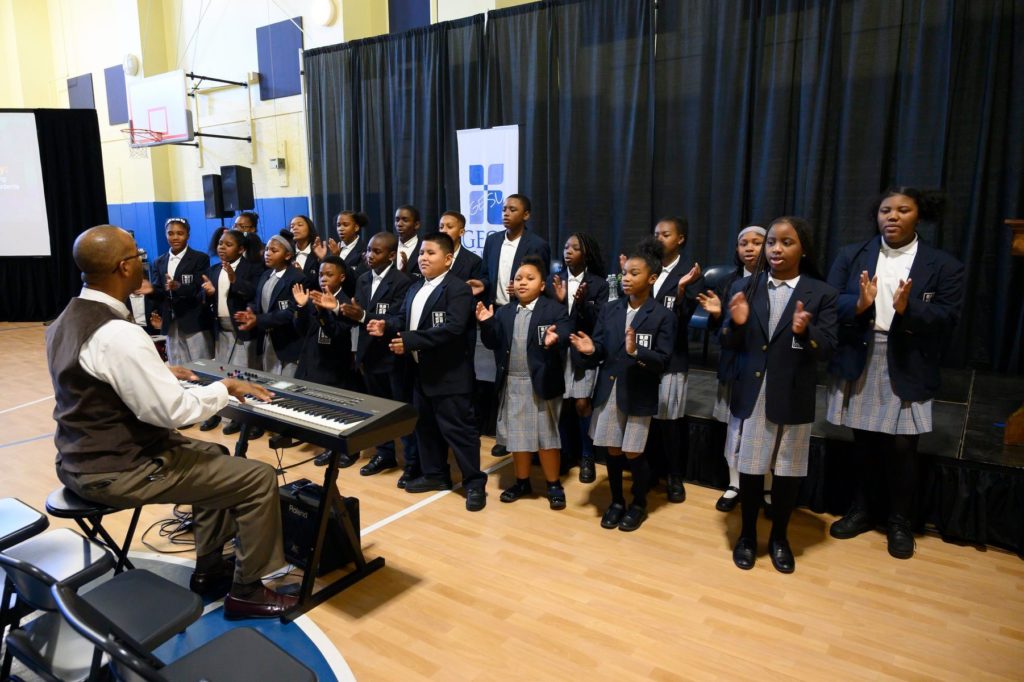
In 2012 and 2013, Philadelphia closed more than ten percent of its traditional public schools. Many of the students displaced in these school closures were sent to schools with substandard academic outcomes, while those lucky enough to be sent to high-performing schools experienced an improvement in their educational outcomes.
Why is this relevant? Philadelphia is an epicenter of culture and talent. We boast incredible musicians, artists, authors, and innovative minds. But there is also a clear disparity between the haves and the have-nots, and according to Noguera, the emphasis on achievement without engagement is leading to a sense of internal alienation that spans the economic and cultural divide. He spoke about the need to put human relationships at the center of our educational system, something that the Gesu School (among others) does exceedingly well. I had been lucky enough to visit Gesu on several occasions and to see how they are empowering youth to become their own advocates in and out of the classroom. As a direct result of their person-centered curriculum, nearly 90% of Gesu alumni graduate high school on time, and, of those, 86% go on to post-secondary education – an impressive feat considering that one in three Gesu families has an annual income of less than $30,000.
It would seem that discovering innovative and engaging ways to instruct students is the way forward for Philadelphia and that this begins by advocating for a person-centered approach to education. This is especially poignant at this juncture in our city and our nation’s history. “You can’t have a democracy without an educated people,” Noguera opined. He then went on to assert that the best way to educate is to stop assuming ignorance and instead to teach in ways that are personally and socially relevant operating from a foundation of empathy and with an assumption of curiosity.
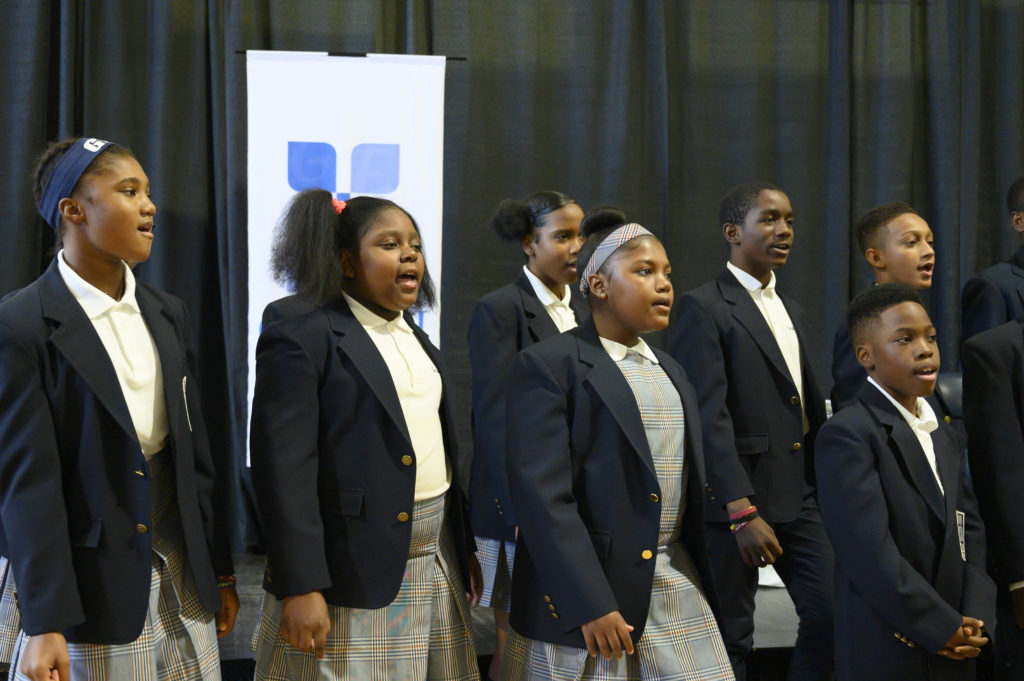
Practically, what this looks like is teaching kids the way they learn, as opposed to the way we want them to learn. As I sat in an audience listening to him discuss how the culture of a school either fosters equity or inequality, I was grateful that I developed a love of learning early on. From the time I was five years old, I’ve been a voracious reader, a writer, a teller of stories, and someone who was fascinated by hands-on learning. Then again, I didn’t have curiosity stolen from me by an educational system that failed to treat me as a human being.
So let’s do as Noguera suggests and follow the trail blazed by Gesu and other schools like it and encourage young people to cultivate their love of learning, something that is endemic to all of us. After all, anyone who has ever interacted with a three-year-old knows that their favorite question is, “Why?” All we have to do is encourage them, from the moment of that initial inquiry and throughout their lifetime, to keep asking and answering that question.
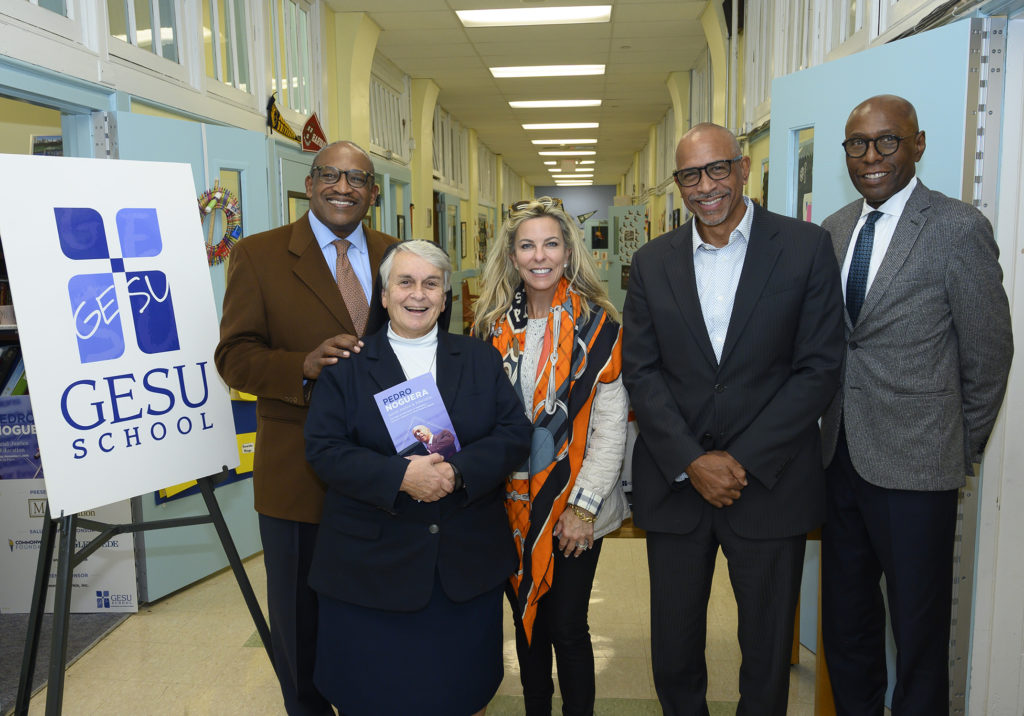
Why? Because it’s the only way to create a world in which learning is encouraged, and people have equal access to exceptional educational opportunities.
Images: The Gesu School
About Post Author
Discover more from dosage MAGAZINE
Subscribe to get the latest posts sent to your email.
